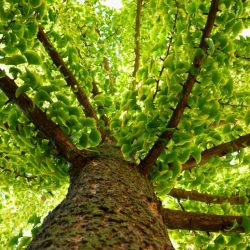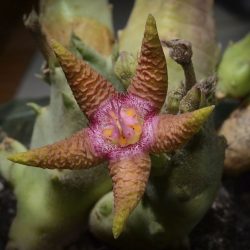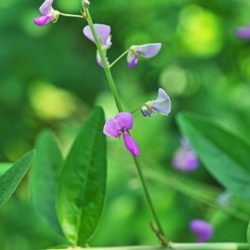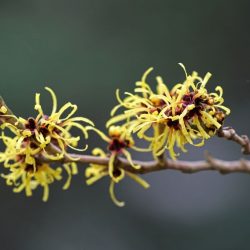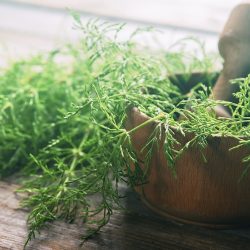Hypertension is characterised by abnormally high blood pressure on the artery walls. In stressful situations or during physical effort, it is normal for blood pressure to rise. But in people with hypertension, blood pressure remains high at all times, even at rest or in the absence of stress.
What is hypertension?
Hypertension is a disease that increases in frequency, particularly with age, and has a hereditary component, affecting 20% of the French population. Arterial hypertension is defined as a prolonged rise in resting systolic blood pressure (SBP) > 140 mmHg, and/or a prolonged rise in diastolic blood pressure (DBP) > 90 mmHg.
This measurement should be taken over a period of 3 to 6 months, during 3 medical consultations and therefore outside the doctor’s surgery (blood pressure self-measurement), at a rate of 3 measurements morning, noon and evening, 3 days in a row.
What are the risks of the disease worsening?
In the long term, high blood pressure is a major risk factor for a number of diseases:
- Heart and vascular disorders (angina, myocardial infarction and stroke). High blood pressure means that the blood exerts greater pressure on the artery walls, making them more fragile and increasing the risk of artery blockage.
- Heart failure. By making the heart work harder, high blood pressure can lead to heart muscle exhaustion.
- Problems with the kidneys (kidney failure) and eyes (damage to the retina that can lead to loss of sight). Again, due to weakened blood vessels.
Some naturopathic advice to limit hypertension problems
- Follow a low-salt diet (salt added to food promotes high blood pressure), replacing it with spices.
- Follow a low-calorie diet if you are overweight, and check and monitor your cholesterol levels regularly.
- Avoid tobacco, alcohol, coffee, tea and caffeine-based stimulants.
- Limit stress and overwork (factors that encourage cardiovascular disease), and maintain a healthy lifestyle (regular meals and rest, adequate sleep, etc.)
- Get regular exercise: at least 1/2 hour’s walk a day.
- Regularly check your blood pressure after 1/4 hour’s rest (at a chemist’s or self-tensiometer).
- Try pomegranate juice. Regular consumption of pomegranate juice can help regulate blood pressure. The compounds present in pomegranates encourage blood vessels to dilate, helping to reduce the pressure on artery walls. This can be particularly beneficial for people with high blood pressure.
That’s why Soin et Nature has selected Blood Pressure Herbal Tea to help maintain good blood pressure.
Composition and properties of blood pressure tea
This herbal tea combines natural ingredients selected for their specific virtues in regulating blood pressure.
Olive, for its antihypertensive and vasculoprotective properties:
A 2014 literature review confirms that the phenolic compounds present in olive leaves, in particularoleuropein, are associated with antihypertensive activity coupled with antioxidant, hypoglycaemic, cholesterol-lowering and cardioprotective properties.
The hypotensive effect of olive leaves is exerted in different ways:
- Inhibition of angiotensin-converting enzyme byoleacin and by the enzymatic hydrolysis products of secoiridoids.
- Calcium-blocking activity.
- Vasodilator effect.
Ash, for its diuretic properties:
In a 2007 review, ash was ranked among the medicinal plants with the most promising diuretic properties diuretic properties. As well as increasing diuresis, ash also inhibits tubular reabsorption of uric acid, thereby increasing its elimination in the urine. It also promotes renal elimination of urea. This diuretic activity is due to the presence of flavonoids in the leaves.
Lemon balm, for its anxiolytic properties on the central nervous system:
In patients suffering from mild to moderate anxiety, the plant also has an anxiolytic effect and improves the quality and duration of sleep. Lemon balm’s anxiolytic properties are thought to be linked to a GABA potentiating action. Research has also shown that lemon balm can reduce systolic and diastolic blood pressure in patients suffering from essential hypertension. This plant is often used in traditional Persian medicine and phytotherapy for its calming and blood pressure-regulating effects.
Red vine, for its angioprotective properties:
Red vine is said to protect the blood vessels, increase capillary resistance, reduce capillary permeability and prevent venous vascular deterioration. Red vine leaf extracts have been studied for their efficacy in the treatment of chronic venous insufficiency (CVI), a condition that can be linked to circulation problems and potentially to hypertension. The results indicate a significant improvement in various symptoms associated with CVI, such as reduced oedema and leg circumference, as well asimproved skin microcirculation.
Medical literature and clinical trials:
- Somova L.I. et al, Antihypertensive, antiatherosclerotic and antioxidant activity of triterpenoids isolated from Olea europaea, subspecies africana leaves, J Ethnopharmacol, 2003
- Hansen K. et al, Isolation of an angiotensin converting enzyme (ACE) inhibitor from Olea europaea and Olea lancea, Phytomedicine, 1996
- Zarzuelo A. et al, Vasodilator effect of olive leaf, Planta Med, 1991
- Scheffler A. et al, Olea europaea leaf extract exerts L-type Ca(2+) channel antagonistic effects, J Ethnopharmacol, 2008
- Wright C.I. et al, Herbal medicines as diuretics: a review of the scientific evidence, J Ethnopharmacol, 2007
- https://pubmed.ncbi.nlm.nih.gov/34766389/
- https://pubmed.ncbi.nlm.nih.gov/32314844/


